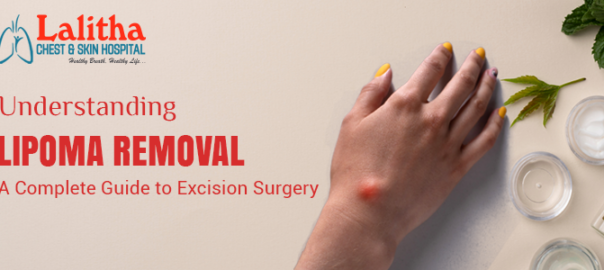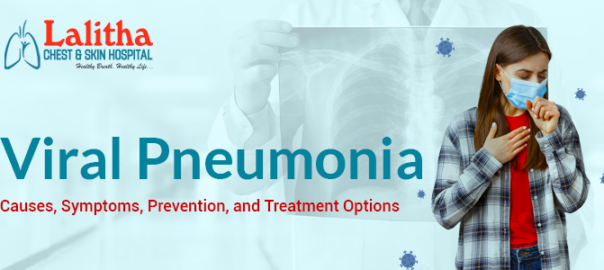What is a Lipoma?
A lipoma is a benign, slow-growing fatty lump that forms under the skin. It is typically soft, movable, and painless, though some individuals may experience discomfort if the lipoma presses against nerves or blood vessels. Lipomas can develop anywhere on the body but are commonly found on the neck, shoulders, arms, and thighs.
Dr. B. Jyothi, a highly regarded female dermatologist in Karimnagar, provides expert insights into lipoma removal. This guide covers when excision is necessary, the surgical procedure, post-operative care, potential risks, and alternative treatments.
When is Lipoma Removal Necessary?
While most lipomas do not require medical treatment, some cases warrant surgical removal. Consider excision surgery if:
- The lipoma is growing rapidly.
- It causes pain or discomfort.
- It restricts movement or presses against nerves.
- There are cosmetic concerns.
- There is uncertainty about whether the lump is benign or malignant.
Lipoma Excision Surgery: What to Expect
Excision surgery is the most common and effective method for lipoma removal. This minor surgical procedure involves making a small incision to extract the fatty tissue. Here’s what you need to know:
- Pre-Surgical Consultation:
Your doctor will evaluate the lipoma through a physical examination and may order imaging tests, such as an ultrasound or MRI, to assess its depth and size. A biopsy may be recommended if there are concerns about malignancy.
- The Surgical Procedure:
- Anesthesia: Local anesthesia is administered to numb the area.
- Incision and Removal: A small incision is made over the lipoma, and the fatty lump is carefully excised.
- Closure: The incision is closed with stitches or surgical glue.
- Duration: The procedure typically takes 30–60 minutes, depending on the size and location of the lipoma.
- Post-Surgical Care and Recovery
Recovery from lipoma excision surgery is usually quick and involves minimal discomfort. To ensure a smooth healing process:
- Keep the incision area clean and dry.
- Follow your doctor’s instructions regarding wound care and medications.
- Avoid strenuous activities until fully healed.
- Monitor for signs of infection, such as redness, swelling, or pus.
Potential Risks and Complications:
Lipoma removal is generally safe, but like any surgical procedure, it carries some risks:
- Infection
- Scarring
- Bleeding
- Temporary numbness near the surgical site
- Recurrence of the lipoma (rare)
Alternative Treatments for Lipoma Removal
While excision surgery is the most effective treatment, other methods include:
- Liposuction: A minimally invasive procedure that suctions out the fatty tissue.
- Steroid Injections: These can shrink the lipoma but may not remove it completely.
- Home Remedies: Some individuals try herbal treatments or dietary changes, though their effectiveness is not scientifically proven.
Lipomas are usually harmless, but if they cause discomfort or aesthetic concerns, excision surgery is a reliable and effective solution. Consulting a qualified dermatologist will help determine the best treatment approach. If you notice an unusual lump on your body, seeking medical advice is essential for proper evaluation and management.
By understanding the lipoma removal process, including excision surgery, risks, and recovery, you can make an informed decision about your health and well-being.
For expert guidance and effective treatment options, scheduling an appointment with a specialized dermatologist is recommended. If you’re searching for “lipoma treatment near me,” “lipoma removal hospital near me,” or “best lipoma doctor near me,” let us make it easier for you! Dr. B. Jyothi, Karimnagar’s top dermatologist, specializes in advanced lipoma removal. For inquiries, feel free to contact us at Lalitha Chest & Skin Hospital.



